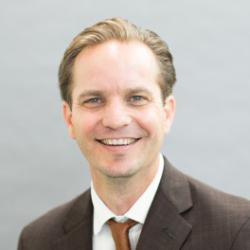The Acton Institute captured the attention of the Italian secular press when advocating a Judeo-Christian, value-based economic model to ensure continued free and healthy economic growth in Asia.
The press was eager to interview the conference speakers who articulated this perspective at the Institute’s international conference held at Rome’s Pontifical Gregorian University last May 18: “Family-Enterprise, Market Economies, and Poverty: The Asian Transformation” .
In the following Video, Istituto Acton Director and conference moderator, Kishore Jayabalan, spoke candidly to UniRoma TV along with morning panelist, Dr. Raquel Vaz-Pinto of the Catholic University of Portugal.
Kishore Jayabalan says that when difficult ethical problems arise in economies, we are expected to use our “reason and faith” to resolve moral dilemmas and that the Church plays a most vital role in educating society in basic moral principles. Dr.Vaz-Pinto says that in terms of advancing the necessary foundations of a free society, Asia has made great progress in demanding higher standards for human and political rights as businesses are left freer to grow and develop on their own.


